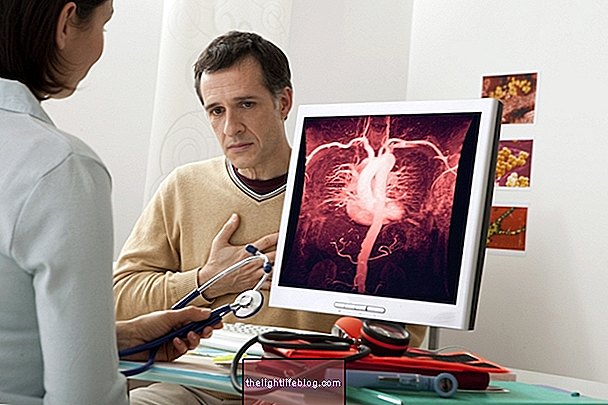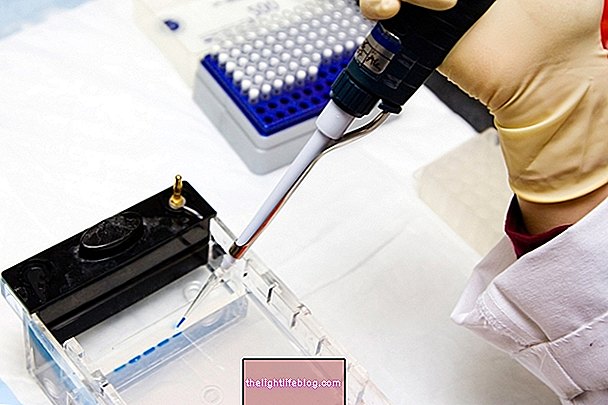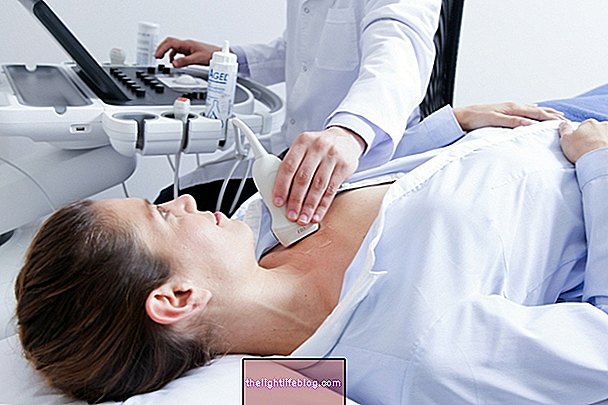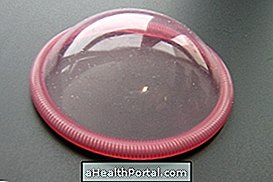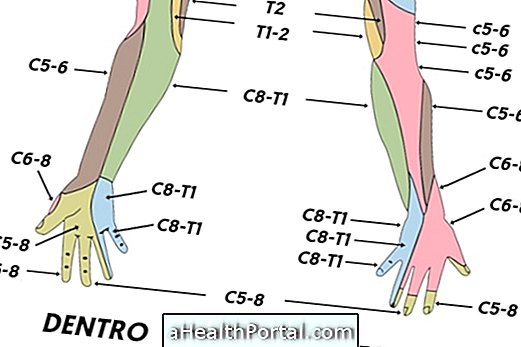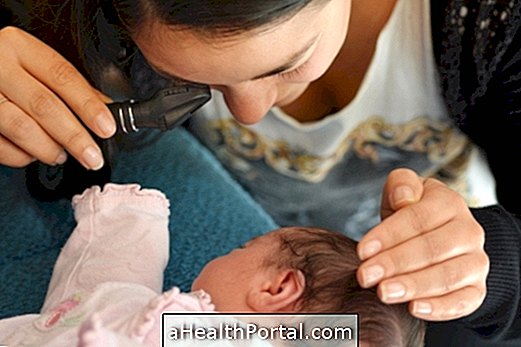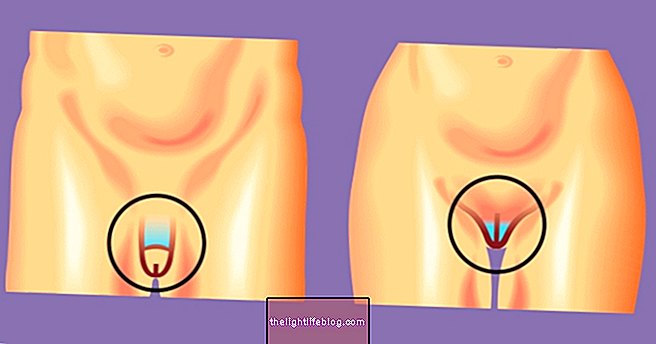Endoscopic retrograde cholangiopancreatography of the pancreas, known only as ERCP, is an exam that serves to diagnose diseases in the biliary and pancreatic tract, such as chronic pancreatitis, cholangitis or cholangiocarcinomas, for example.
The biggest advantage of this exam is that, in addition to making the diagnosis without surgery, it can also treat simpler problems, removing small stones that are in place or even widening the bile ducts with the placement of a stent.
However, ERCP is usually reserved for cases where other, simpler imaging tests, such as ultrasound or MRI, have not been able to confirm or misdiagnose a diagnosis.

What is it for
The CPRE exam can help the doctor confirm some diagnoses related to the biliary or pancreatic tract, such as:
- Gallstones;
- Infections in the gallbladder;
- Pancreatitis;
- Tumors or cancer in the bile ducts;
- Tumors or cancer in the pancreas.
In addition, this technique also allows the treatment of problems simpler, such as the presence of stone, and therefore this test can be chosen when there is a high probability that the diagnosis is true, since it can also allow treatment, on the contrary simpler exams.
How CPRE is done
The ERCP exam for between 30 and 90 minutes is done under general anesthesia, so as not to cause pain or discomfort to the person. To do the exam, the doctor inserts a thin tube with a small camera at the tip, from the mouth to the duodenum, in order to observe the place where the bile ducts connect to the intestine.
After observing if there is any change in that location, the doctor injects a radiopaque substance into the bile ducts, using the same tube. Finally, an abdominal X-ray is performed to observe the channels filled by the substance, allowing to identify changes in the channels.
If possible, the doctor can also use the CPRE tube to remove stones from the gallbladder or even place a stent, which is a small network that helps to expand the channels, when they are very contracted, for example.
How to prepare for the exam
Preparing for the ERCP exam usually includes an 8-hour fast, during which you should avoid eating or drinking. However, it is important to talk to the doctor before the exam to find out if any more care is needed, such as stopping taking a specific medication, for example.
In addition, as the examination is done under anesthesia, it is recommended to take a person so that they can return home safely.
Possible risks of the exam
ERCP is a relatively frequent technique and, for this reason, the risk of complications is very low. However, there may be:
- Infection of the biliary or pancreatic channels;
- Bleeding;
- Perforation of the biliary or pancreatic channels.
As it is an examination done under general anesthesia, there is also a risk of developing adverse reactions to the anesthetics used.Therefore, before the examination it is very important to inform the doctor if you have had any problems with anesthesia in the past.
Contraindications for cholangiopancreatography
Pancreas endoscopic retrograde cholangiopancreatography (ERCP) is contraindicated in patients with acute pancreatitis, with suspected pancreatic pseudocyst and during pregnancy, because it uses ionizing radiation.
ERCP is contraindicated in patients with pacemakers, intraocular foreign bodies or clips of intracranial aneurysms, cochlear implants or with artificial heart valves.
Was this information helpful?
Yes No
Your opinion is important! Write here how we can improve our text:
Any questions? Click here to be answered.
Email in which you want to receive a reply:
Check the confirmation email we sent you.
Your name:
Reason for visit:
--- Choose your reason --- DiseaseLive betterHelp another personGain knowledge
Are you a health professional?
NoMedicalPharmaceuticalsNurseNutritionistBiomedicalPhysiotherapistBeauticianOther
